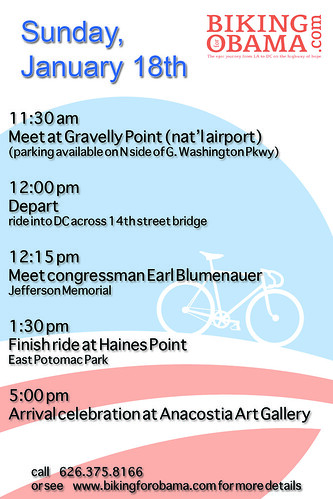Anti fuel efficient vehicle bill alert
[Gee whiz, if any speed differential is such a hazard we seriously need to drop our residential, business district and school zone speed limits down to 4mph. Seriously, lets do something about drivers going 15+mph over the speed limit first before cracking down on the slower vehicles.]
